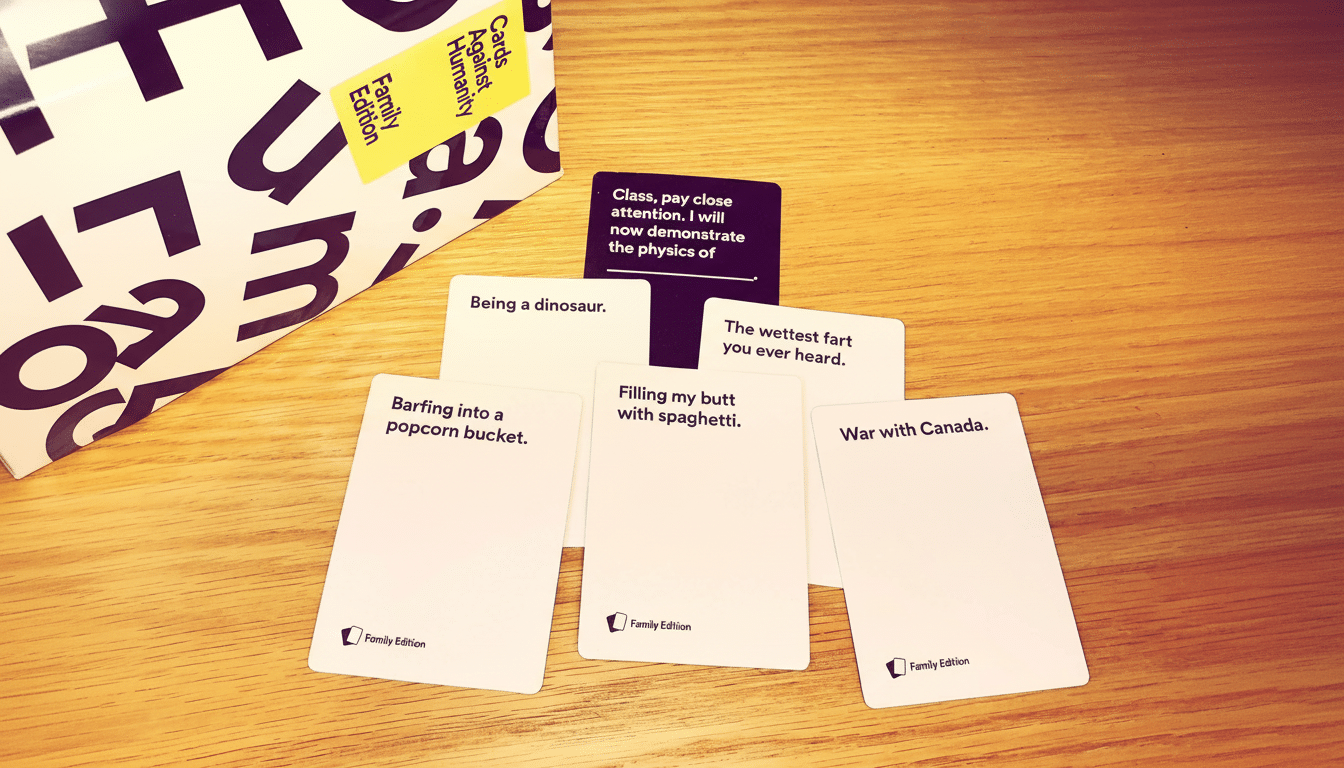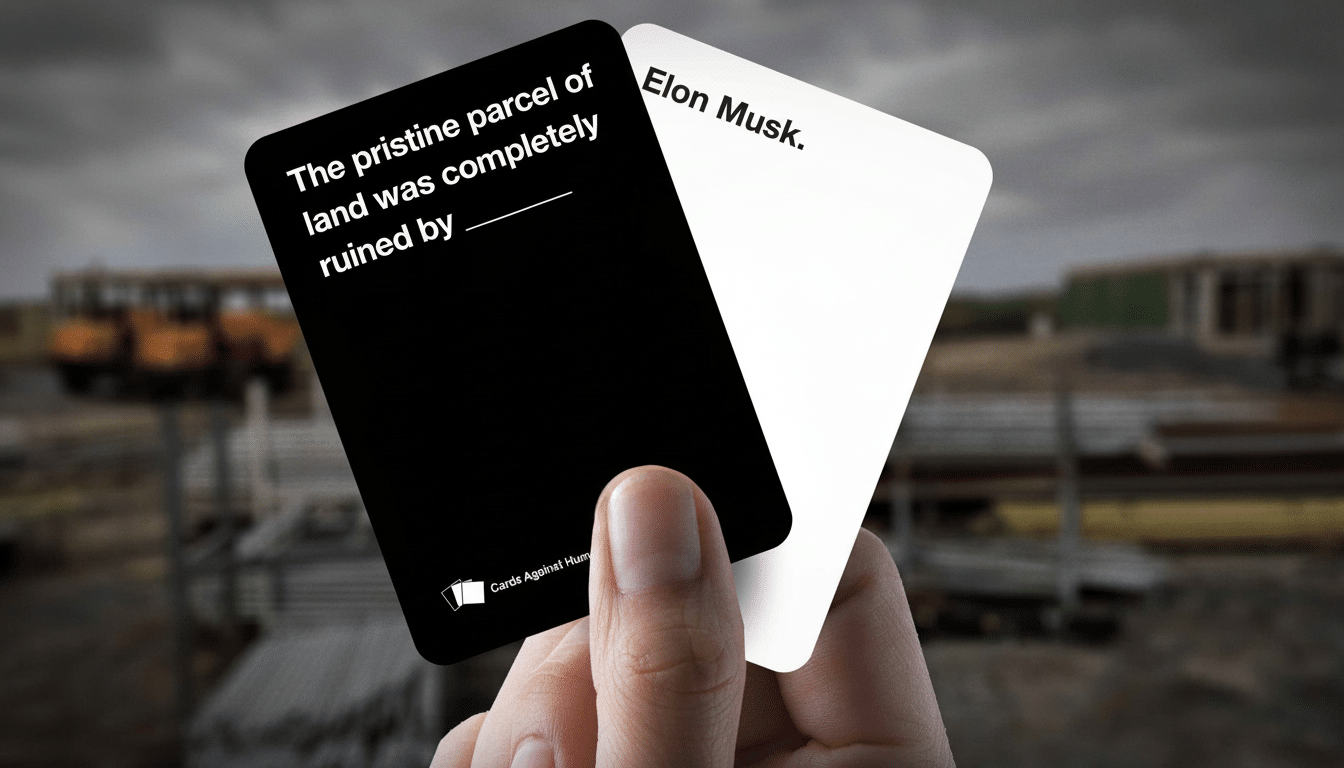Cards Against Humanity has settled its trespass lawsuit against SpaceX, putting an end to a high-profile confrontation that the game maker said it won. In a long, expensive lawsuit, it might not fully recover under Texas law. The specific terms of the settlement were not made public, but Cards Against Humanity sent me a statement claiming that it “chose certainty” in a drawn-out lawsuit over a tiny but symbolically crucial parcel of land along the Rio Grande, rather than the “costly litigation” it could win.
The start of the squabble can be traced back to a piece of land the game company obtained in 2017. They purchased a property along the Rio Grande in Cameron County, Texas, where the river forms the US border with Mexico. The ownership fund, which totaled more than $150,000 and received modest amounts from around 15 investors, was billed as a grassroots counter to hypothetical federal border barrier construction.

With SpaceX’s rapidly expanding Starbase complex at Boca Chica, the dispute centered on claims that crews crossed onto the property and left their equipment behind. Cards Against Humanity sought restitution for the damage and said their land was being used as a facade without their permission.
From the legal angle, a statement from the business implied that the economics of the case influenced the resolution. Texas statutes frequently do not provide for attorney’s fees to those who prevail in such cases unless a law or contract governs the fee award. For example, Chapter 38 of the Texas Civil Practice and Remedies Code covers many contract disputes but not property torts.
Texas fee-shifting rules shaped the settlement choice
That calculus resonates with property lawyers familiar with the state’s rules: plaintiffs can win on liability and see net recovery dissipate under expert costs, depositions, and appeals. By settling, the company avoids a long, drawn-out battle against a well-funded defendant while securing finality.
What supporters get as the lawsuit ends without trial
Instead of the cash payout some supporters desired—at one point framed as a possible $100 per person should the case blow up—the company is proposing a new mini-pack of uniquely themed cards based on Elon Musk. It is an on-brand pivot: transforming a legal tale into a product drop that addresses the group that funded the land purchase in the first place.

For a company relying on fan interactions and stunt-driven campaigns, the make-good aims to keep backers while recognizing litigation progress is rarely a linear narrative. It also highlights the differences between crowdfunding expectations and civil litigation reality, where uncertainty often prevails despite powerful statements.
SpaceX expansion spurs scrutiny of Boca Chica impacts
SpaceX’s presence at Boca Chica has transformed the quiet coastal region into a heavy industrial launching site, altering local infrastructure and land use. Highway 4 closures for testing, questions about nearby state park access, and environmental controls have all increased scrutiny, with the Center for Biological Diversity questioning federal approvals concerning Starship modules.
Private space growth tests local property rights norms
Those stories of parallel disputes come with a bigger point. When private space infrastructure scales too quickly, the friction is not just technical. It is both legal and environmental. County records, state agencies, and federal regulators need to keep accommodating property rights and habitat protections alongside economic growth along the Gulf Coast.
Settling does more than remove the threat of discovery and a hard-fought defeat about local land use. It also allows the company to earn more income by deploying more resources to its core business while still providing some benefit to supporters. However, the most important thing to remember is the outcome of this event. It was an unpleasant example of how disputes often do not explode into open disputes, no matter how much attention they attract.
As these private space operators continue to expand on the ground, activities by neighboring landowners—be they activists, financiers, or long-term residents of the area—will provide ongoing tests of what kind of property rights can be tolerated, permitted, and made to work as the shadow spreads outward.

